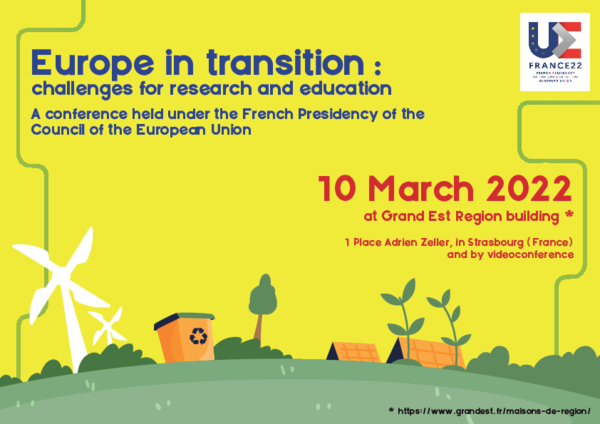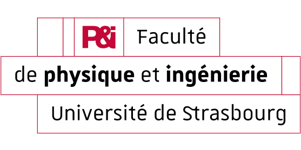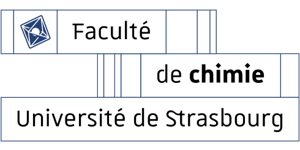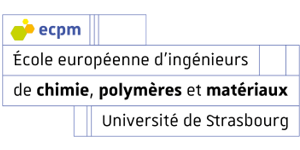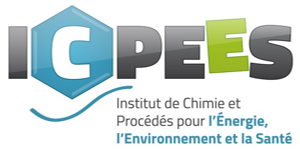Europe in transition : Challenges for research and education
A conference held under the French Presidency of the Council of the European Union
10/03/2022, 10h00-15h15
Grand Est Region building, 1 Place Adrien Zeller, Strasbourg & Videoconference
Free inscription (dealine in person format 04/03/2022 & digital format 07/03/2022) : https://www.allianceenergie.fr/save-the-date-europe-en-transition-les-defis-pour-la-recherche-et-la-formation/
download the program here
Abstract.
Beyond disciplinary research and education questions, is it possible to raise more systemic horizontal concerns, regarding the major transitions: climate, ecology, energy, food and heath? Over the last decade, crises are increasingly frequent and have a tendency to pile up. They affect the way of life, the way of consumption, the way of production. Such periods of tension provide information on the significant damages caused by the different types of climatic disturbances, such as social or health crises, or the loss of biodiversity and also reveal the high level of the interdependencies underlying the current ways of life. Enough observations, data and tools are now available to understand and model the impact of these global changes on the environment, health, biodiversity and society. In the European context, the Green Deal aims at making Europe the first carbon-neutral continent; this policy aims to preserve biodiversity, reduce pollution, and promote a clean and circular economy, while making this green transition a factor of economic growth, by ensuring a fair transition. The European legislative package «Fit for 55» will establish the mechanisms for fitting to the new European ambitions in the reduction of greenhouse gas emissions (a 55% at the horizon 2030, cut-off compared to 1990 level, to reach carbon neutrality in 2050), thus requiring an acceleration of the energy, environmental, sanitary and digital transitions, the implementation of carbon sinks, and probably major systemic disruptions. Progresses in disciplinary research and innovation are able to provide many solutions. On the other hand, whereas the problems are largely systemic, the approaches of them are often led in sectoral silos. Innovations must be more and more hybrid, bringing together a broad spectrum of technologies and skills from different disciplines. Working at the interfaces of different scientific fields - life sciences, physical science, digital science, engineering science, human and social science - will contribute to boosting systemic innovations that are necessary to reach a carbon-neutral and resilient society by 2050. Under the aegis of the French Ministry of Higher Education, Research and Innovation, the five national alliances (gathering the French research organizations and universities under 5 embedding topics: energy, environment, numeric, health, human and social sciences) have produced a positioning document which reflects a common and shared vision of new directions in research, to serve the major transitions, in the emerging academic discipline of sustainability science.


